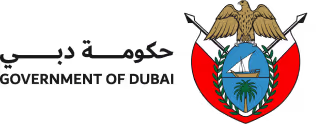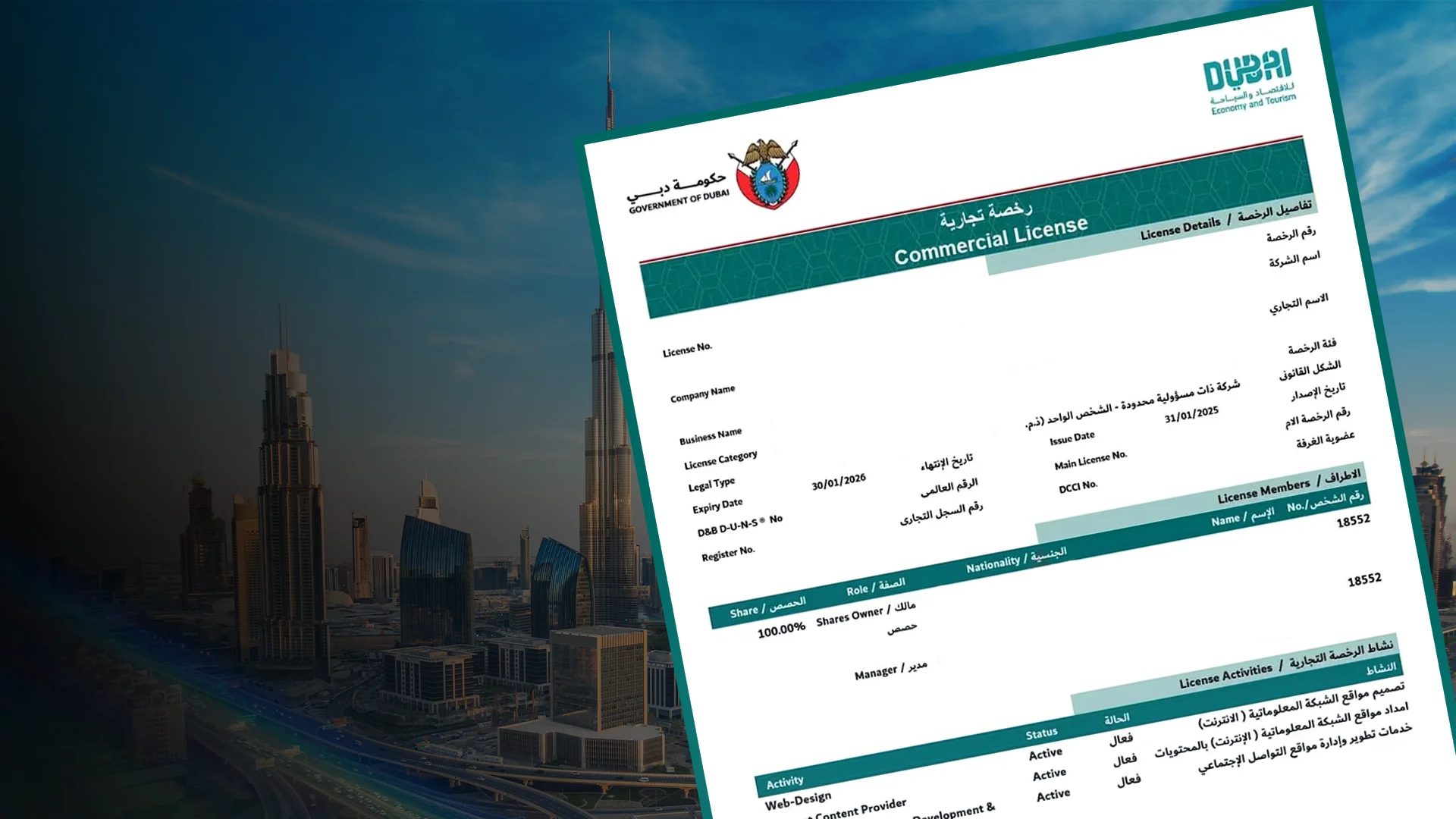
Topic Summary
1. Understanding the UAE Corporate Tax Law (CTL)
Introduced in June 2023, the UAE Corporate Tax Law imposes a standard corporate tax rate of 9% on businesses with profits exceeding AED 375,000. This landmark change aims to align the UAE with global taxation standards while maintaining a competitive business environment.
2. Special Provisions for Meydan Free Zone Businesses
Businesses operating within Meydan Free Zone benefit from specific incentives under the CTL. If classified as a Qualifying Free Zone Person (QFZP), these businesses can enjoy a 0% corporate tax rate on income derived from approved activities conducted within the free zone.
3. Criteria to Qualify as a Qualifying Free Zone Person (QFZP)
To be recognised as a QFZP, a Meydan Free Zone business must ensure that:
- It conducts qualifying activities approved by the free zone authority.
- Its income is derived from within the free zone or from clients outside the UAE, under conditions set by the CTL.
- It complies with substance requirements, including maintaining an adequate presence and operational functions in the free zone.
4. Approved Activities Eligible for Tax Incentives
The 0% corporate tax incentive applies only to specific business activities. Meydan Free Zone offers a range of qualifying activities such as trading, consultancy, e-commerce, and financial services. Businesses must verify that their core operations fall within these categories to benefit from the tax exemption.
5. Compliance and Reporting Obligations
Despite the 0% tax rate, Meydan Free Zone companies must meet rigorous compliance standards. Filing annual corporate tax returns and maintaining transparent accounting records are mandatory. Non-compliance could lead to penalties or disqualification from incentives. Staying updated on regulatory changes is crucial to continuous eligibility.
When UAE Corporate Tax Law (CTL) was introduced in June 2023, it brought in significant changes; however, if you are a Meydan Free Zone business you don't have to feel the hit.
Businesses in the UAE that make more than revenue of AED 375,000 are subjected to a 9% tax rate; but here is the good news, if you are a Qualifying Free Zone Person (QFZP) you can leverage the 0% corporate tax rate on approved activities.
How do you go about this? You must have a proper insight into the basics of the corporate tax landscape, understand what counts as a Qualifying Income in the UAE, and avoid mistakes that can nullify the tax benefits.
Unlock Your Business Potential
Defining Qualifying Income For Meydan Free Zone Businesses
The UAE’s 0% corporate tax rate for Qualifying Free Zone Persons (QFZPs) is a powerful incentive, but not all revenue is treated equally. To retain your tax-free status, you need to understand exactly what counts as “qualifying income”.
Key points for qualifying income are:
- Businesses with profits < AED 375,000 leverage this benefit
- Non-qualifying income must stay below 5% of total revenue
- Free Zone entities require proper documentation and annual audits to maintain their Qualifying Free Zone Persons status
Meydan Free Zone is officially recognised as a Qualified Free Zone in Dubai, UAE, which means businesses registered with us can access the 0% corporate tax rate, provided they meet the criteria.
The De Minimis Rule to Maintain the Tax Threshold
You can leverage the tax benefit if you meet the de minimis requirements, which are:
- Staying below the capital of AED 5 million or
- Your non-qualifying income is less than 5% of your total revenue
Surpassing these conditions will cause immediate consequences such as:
- Losing the tax benefits,
- Loss of QFZP status for up to 5 years,
- 9% tax on all income
Put simply, keeping within the limit is key to protecting your 0% tax status.
Defining Beneficial Recipient Status for Meydan Free Zone Entities
Tax benefits are within your reach, but to be a beneficial recipient:
- You must carry and maintain core income-generating activities within Meydan Free Zone.
- You must have qualified staff and assets that reflect your business needs.
- Have an audited financial statement to verify compliance with Corporate Tax Law provisions.
This will ensure business operations meet the UAE's tax regulations and are eligible for preferential tax treatment.
Qualifying Income Criteria on Permanent Establishments
All businesses operating within the UAE are considered tax residents, which determines their full range of corporate tax obligations. In addition, foreign companies that are effectively managed and controlled from within the UAE may also be classified as tax residents, regardless of where they are legally registered.
The UAE Corporate Tax Law applies to non-resident entities only under specific conditions, such as when:
- They maintain a Permanent Establishment (PE) in the UAE — meaning a fixed place of business that carries out substantial operations. However, spaces used solely for preparatory or auxiliary activities do not qualify as a PE.
- They generate UAE-sourced income or derive income from immovable property located within the country.
The UAE corporate tax law also offers special conditions like:
- Investment managers who act on behalf of non-resident individuals may avoid creating PE. This condition is relevant for investment managers who engage in financial trade of businesses in:
- Commodities,
- Derivatives,
- Real estate,
- Bonds,
- Shares,
- Securities, or foreign exchange.
- Family foundations, trusts, and similar entities who are established for the reason to safeguard their individual or family assets can also choose for tax-transparent status.
Tax on Income Generated from Immovable Property
The tax treatment on income of immovable property depends on the nature and parties involved in the transactions.
- Income through Free Zone transactions enjoys 0% tax rate
- Income through Non-commercial properties maintains 9%, irrespective of counterparties.
To ensure your QFZP status carefully track non-qualifying revenues including external transactions and excluded activities against the de minimis threshold.
Active monitoring of your revenue streams to ensure compliance with UAE CTL regulations will keep you within the tax scope.
Navigating Qualifying Income Benefits in the Meydan Free Zone
Understanding UAE CT regulations requires both compliance and strategy. Meydan Free Zone is officially recognised as a Qualified Free Zone, which means businesses licensed here can access the 0% corporate tax rate, provided they meet the necessary conditions, including generating qualifying income and adhering to the 5% or AED 5 million de minimis threshold. By aligning your operations with these criteria, you not only maintain tax efficiency but also position your business for long-term growth in one of the world’s leading trade and innovation hubs.
How Meydan Free Zone Supports Compliance
At Meydan Free Zone, corporate tax compliance isn’t an afterthought, it’s built into every business setup. We help you navigate the new tax landscape with clarity, control, and zero guesswork.
Here’s what corporate tax compliance looks like at Meydan Free Zone:
- Automatic Tax Registration
We register your business with the Federal Tax Authority (FTA) as soon as your license is issued — no missed deadlines, no extra paperwork.
- QFZP Eligibility Check
Our team assesses your activities to see if you qualify for the 0% corporate tax rate as a Qualifying Free Zone Person (QFZP). If you do, we help you retain that benefit with the right structure, reporting, and recordkeeping.
- Annual Tax Filings, Simplified
Yes, you must file — even if you pay 0%. We support your annual corporate tax submissions, ensure you meet de minimis thresholds, and avoid accidental disqualification.
- Built-In Substance Monitoring
We track key QFZP requirements like revenue segmentation, office presence, and business activity, helping you meet the economic substance rules that protect your tax benefits.
- Audit-Ready Financials
We help ensure your books, ownership records, and filings are audit-ready, formatted for FTA and UAE regulatory expectations.
Stay informed, seek professional advice, and take full advantage of the UAE's tax regime.
Need help securing your tax benefits? Contact our experts today for tailored guidance on UAE corporate tax law.
FAQs
1. What is qualifying income for Free Zone companies?
Qualifying income is the money earned from approved business activities with other Free Zone companies or with overseas clients (as long as the activity is allowed).
2. What happens if a business goes over the de minimis limit?
If a Free Zone company earns too much from non-qualifying activities (more than 5% or AED 5 million), it loses its 0% tax status for five years and must pay 9% tax on all income.
3. How often do Free Zone businesses need to audit their income?
Every year. Annual audits are required to keep the 0% tax benefit as a Qualifying Free Zone Person (QFZP).
4. Do consulting services for mainland clients qualify for 0% tax?
No, income from mainland consulting doesn’t count as qualifying. But if it stays under the de minimis threshold, the business may still keep its 0% status.
5. What documents are needed to prove QFZP status?
The Federal Tax Authority (FTA) needs records showing:
- Your employees work in the Free Zone
- You have assets in the Free Zone
- You conduct real business activity there
- You submit audited financial statements
6. Can a Free Zone business own property in the mainland?
Yes, it can own mainland property. But any profit made from selling or renting it counts as non-qualifying income and goes toward the de minimis cap. Smart structuring can help manage this.
7. How is e-commerce income taxed for Free Zone businesses?
Online sales using Free Zone systems usually qualify for 0% tax. But sales to mainland customers do not qualify, so you need to separate (segment) this income clearly.
8. What counts as enough staff to meet substance rules?
You need full-time employees working physically in the Free Zone, doing work that matches your licensed activities.































